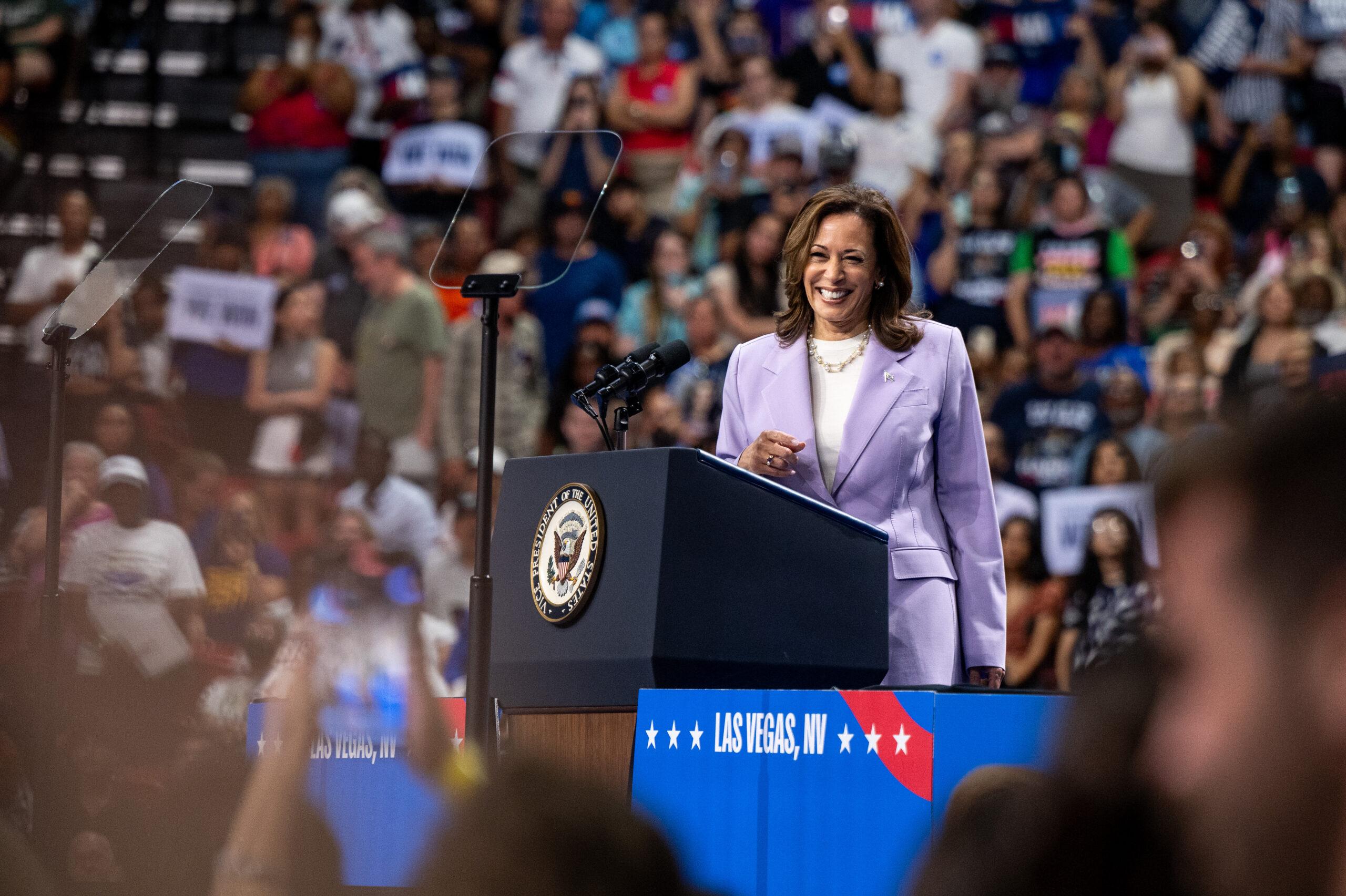Whether or not you agree with President Donald Trump and his executive order, which bars citizens of seven Muslim-majority countries (Iraq, Syria, Iran, Libya, Somalia, Sudan and Yemen) from entering the U.S. for 90 days, all refugees for 120 days and indefinitely bans refugees from Syria, it is fair to say that what we are witnessing right now is democracy at work in the United States.
On Tuesday, February 7, the Ninth Circuit Court of Appeals has begun hearing arguments from the Department of Justice (DOJ) and the State of Washington as to whether Trump’s travel ban should be reinstated or rejected, after the ban was determined by a federal judge in Washington on Friday to be unconstitutional and harmful to the state’s interests. The decision covers not only the state of Washington, but the entire United States.
Prior to the judge’s ruling, chaos erupted in major airports in the United States with immigration and state officers, as well as airport personnel lost on clear guidelines of how to implement these executive measures.
More than 60,000 people had been affected by the ban — citizens and permanent residents awaiting family reunification, U.S. businesses relying on professionals from these countries, students attending U.S. universities, patients needing urgent medical care in U.S. hospitals, refugees approved to take shelter in the U.S. pursuant to the refugee program in agreement with other countries participating in the humanitarian program, among other scenarios.
Protests all over the world were also organized to denounce what they call an illegal and discriminatory ban singling out people because of their nations of origin and religion.
Following the federal judge’s ruling, the ban has effectively been lifted and those with valid visas from the seven countries, as well as Syrian refugees who had already gone through stringent vetting for two years and had been found to not be threats to the security of the United States amid terrorism concerns, were allowed to enter the country.
The Trump administration appealed the case to the Ninth Circuit Court, which may possibly be elevated to the Supreme Court.
The DOJ has argued that Trump was just exercising his authority and the obligation as president to keep the United States safe.
The Trump administration contends that is not discriminating against Muslims nor the seven countries. These countries, it argues, are in fact determined by the Obama administration to be high-risk countries and that the Obama administration had in fact subjected nationals from these countries through stricter vetting before they are issued visas to enter the US.
The lawyers for the states of Washington and Minnesota have presented the argument alleging that Trump’s executive order was designed to discriminate against Muslims, citing Trump’s rhetoric during the campaign season promising voters to ban Muslims, giving preferential treatment to Christians from Muslim countries to enter the U.S.
Those opposing the ban likewise question why the countries where actual terror threats came from were not included in the ban like Saudi Arabia and Egypt — countries Trump has business interests in.
Trump’s critics also question why he would not include in his fight to keep America safe those terrorists and attackers coming from non-Muslim countries like the right wing Christian extremists.
The three judges of the Ninth Circuit Court will deliberate on the arguments of both sides and will make a decision soon.





